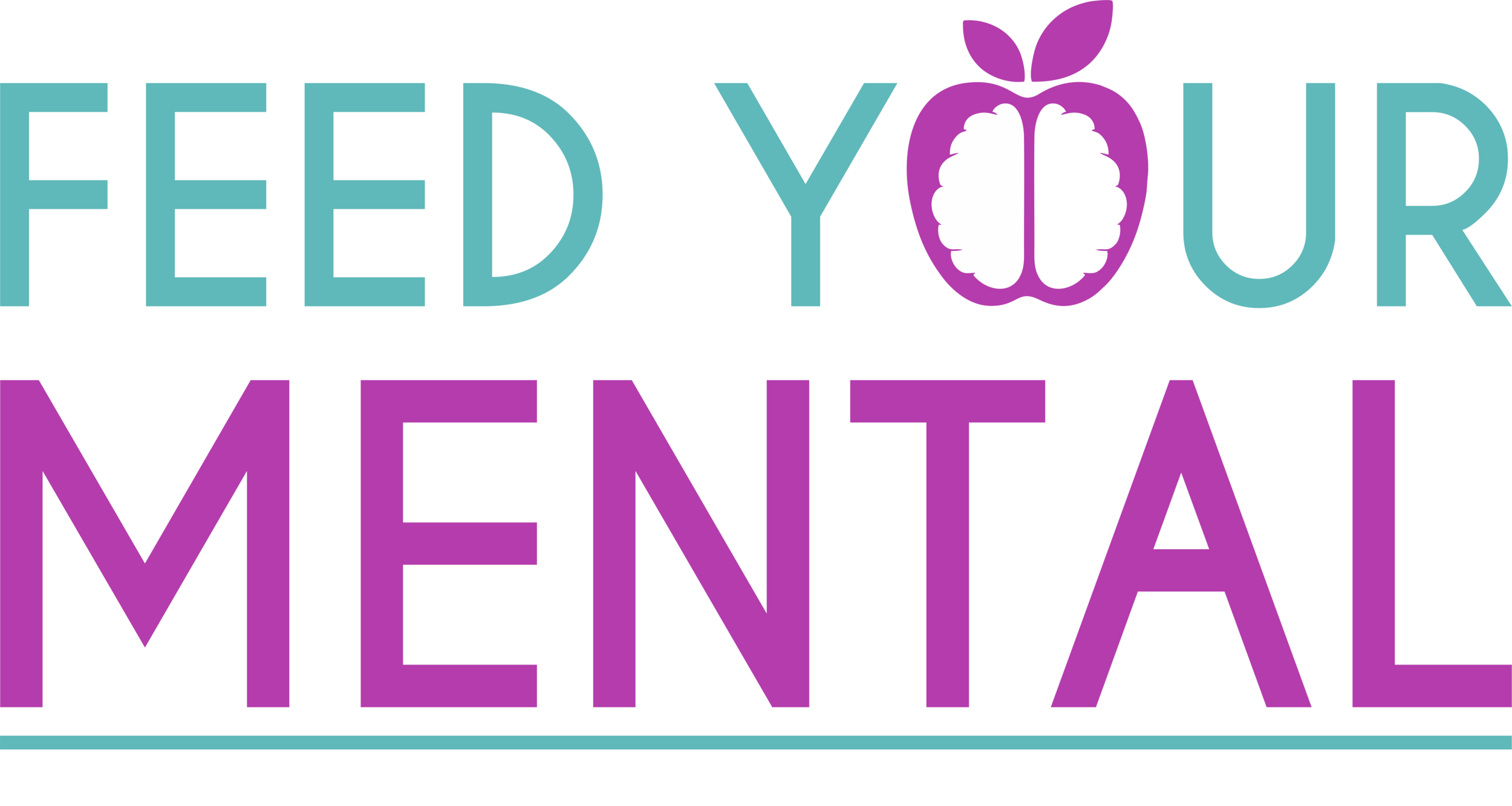Vitamin C and Why it is important for your Mental Health
Vitamin C is a powerful nutrient that helps support your mental health in really significant ways. Mostly known for it’s anti-oxidant properties, Vitamin C is able to help decrease levels of inflammation in the brain and the body. Besides upping your intake of this vitamin when you are feeling under the weather, making sure you get enough of this nutrient will help support the health of your brain.
Vitamin C is needed in order to help produce specific neurotransmitters including serotonin and noradrenaline. It also plays a significant role in the formation of myelin sheath, the fatty insulating layer that surrounds your cells, assisting in the communication of cells. Vitamin C is also involved in the process of making collagen. (P.S. Taking collagen supplements will not be as effective if you aren’t consuming enough Vitamin C).
Some studies suggest that Vitamin C may play a role in protecting your blood brain barrier, a protective barrier for your brain that is in charge of letting certain things in and out. In fact, one study in which researchers gave mice with an Alzheimer’s disease mutation a Vitamin C supplement, reported that the mice had decreased levels of amyloid plaques in their cortex and in their hippocampus. There is little research concerning Vitamin C supplementation and Alzheimer’s disease in humans and the ones that exist report mixed results. Hopefully more research will be dedicated towards Vitamin C and brain health as you can already see how impressive this nutrient is for our mental health thus far.
Many studies report that Vitamin C deficiency is extremely common in patients with clinical depression. One study reports that low Vitamin C status was associated with increased depressive symptoms after an acute illness in older people. Patients with low Vitamin C levels had significantly increased symptoms of depression compared to those with higher levels. Similarly, a case controlled study with over 100 Korean adolescent girls reports that depression was negatively associated with Vitamin C intake.
Additionally, one major longitudinal study of midlife adults conducted in New Zealand called the CHALICE study, states that 62% of 50 year olds from all income levels, have inadequate blood serum levels of Vitamin C. Researchers reported that adults with higher Vitamin C status were lower in weight, BMI, and weight circumference as well as had better measure of metabolic health including HbA1c, insulin and all risk factor for type 2 diabetes. They further noted that lower levels of mild cognitive impairment were observed in individuals with the highest blood concentration of Vitamin C. This study and it’s findings suggests that Vitamin C status is associated with markers of overall health.
Additional studies suggest that there is also an association between Vitamin C and anxiety. One study assessed the short term effects of an oral Vitamin C supplement (500 mg/day) in high school students in a randomized, double blind, placebo controlled trial. Results indicate that supplementation led to increased blood levels of Vitamin C that was associated with reduced anxiety as evaluated by the Beck Anxiety Inventory scale.
These studies as well as what is known about the actions of Vitamin C in the brain make for an interesting discussion around this nutrient for our mental health. Vitamin C is abundantly found in citrus fruits as well as bell peppers, accerola cherries, guavas, papaya, broccoli, and tomatoes. Ensuring you are focusing on a whole foods diet will allow you to get the amount of Vitamin C you need for a healthy brain and body.
References
De Oliveira, I.J.; de Souza, V.V.; Motta, V.; Da-Silva, S.L. Effects of Oral Vitamin C Supplementation on Anxiety in Students: A Double-Blind, Randomized, Placebo-Controlled Trial. Pak. J. Biol. Sci. 2015, 18, 11–18
Gariballa, S. Poor vitamin C status is associated with increased depression symptoms following acute illness in older people. Int. J. Vitam. Nutr. Res. 2014, 84, 12–17
Kim, T.H.; Choi, J.Y.; Lee, H.H.; Park, Y. Associations between Dietary Pattern and Depression in Korean Adolescent Girls. J. Pediatr. Adolesc. Gynecol. 2015, 28, 533–537.
Kook, SY., Lee, KM., Kim, Y. et al. High-dose of vitamin C supplementation reduces amyloid plaque burden and ameliorates pathological changes in the brain of 5XFAD mice. Cell Death Dis 5, e1083 (2014). https://doi.org/10.1038/cddis.2014.26
Pearson, J. F., Pullar, J. M., Wilson, R., Spittlehouse, J. K., Vissers, M., Skidmore, P., Willis, J., Cameron, V. A., & Carr, A. C. (2017). Vitamin C Status Correlates with Markers of Metabolic and Cognitive Health in 50-Year-Olds: Findings of the CHALICE Cohort Study. Nutrients, 9(8), 831. https://doi.org/10.3390/nu9080831


